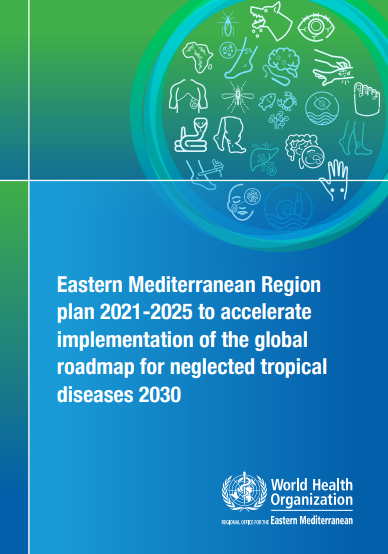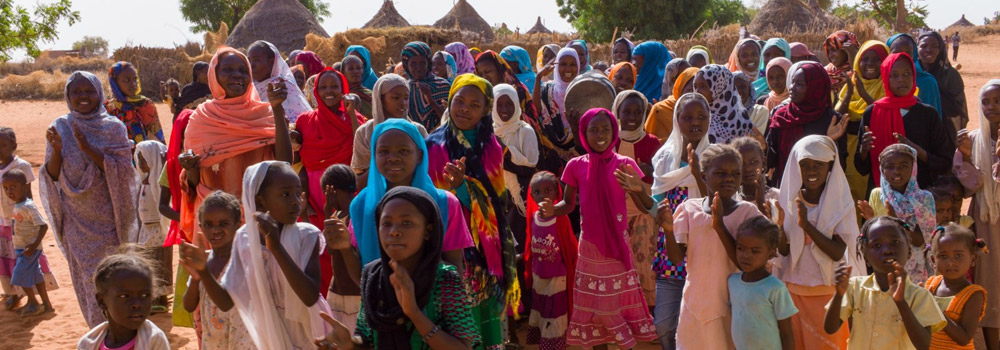Neglected tropical diseases are a diverse group of communicable diseases that prevail in tropical and subtropical regions. They are caused by a variety of pathogens, such as viruses, bacteria, protozoa and parasitic worms (helminths).
They are termed ‘neglected’ as they generally affect poorer populations often living in remote rural or peri-urban areas in developing countries without adequate sanitation, in poor housing conditions and with little access to health services, and as most are focal in nature and occur in remote areas, they are rarely given high priority by decision-makers in endemic countries. There are thousands of new cases every year.
The lack of access to health services, low levels of literacy, inadequate nutrition and poor personal hygiene aids the spread of infections. If left untreated these diseases can cause severe complications, including disability and disfigurement which can lead to stigmatization and social exclusion.
In WHO’s Eastern Mediterranean Region, neglected tropical diseases represent a major public health problem. Some diseases such as leishmaniasis are endemic and highly prevalent in many countries, while others, such as leprosy, lymphatic filariasis, schistosomiasis and soil-transmitted helminthiases, affect only a few countries in the Region or have low prevalence in most of them. Ongoing conflict, disasters, poverty and weak health system infrastructure can lead to the resurgence or persistence of these diseases.
Neglected tropical diseases roadmap
On 12 November 2020 delegates attending the virtual session of the Seventy-third World Health Assembly overwhelmingly endorsed the new road map for neglected tropical diseases (NTDs) for 2021−2030. Ending the neglect to attain the Sustainable Development Goals: a road map for neglected tropical diseases 2021–2030 sets out global targets and actions to align and re-focus the work of countries, partners and stakeholders during the next decade, including cross-cutting targets aligned with the Sustainable Development Goals and “WHO’s Thirteenth General Programme of Work 2019–2023”.

Regional plan to accelerate implementation of the global roadmap for neglected tropical diseases (2021-2025)
The purpose of this regional implementation plan is to guide the work of the countries/territories of the WHO Eastern Mediterranean Region during the next five years and pave the way for the attainment of the global NTD road map targets by 2030. It also reflects the fundamental shift in approaches to NTDs proposed in the new road map. The regional plan has been built on current epidemiology and the gains so far achieved by implementation of the 2012 road map. A situation analysis of the NTDs prevalent in the countries/ territories of the Region was conducted to assess progress and identify gaps in their prevention and control. The synthesis of these findings has resulted in recommendations on the way forward for the next five years and the development of this regional plan for the implementation of the new global NTD road map






